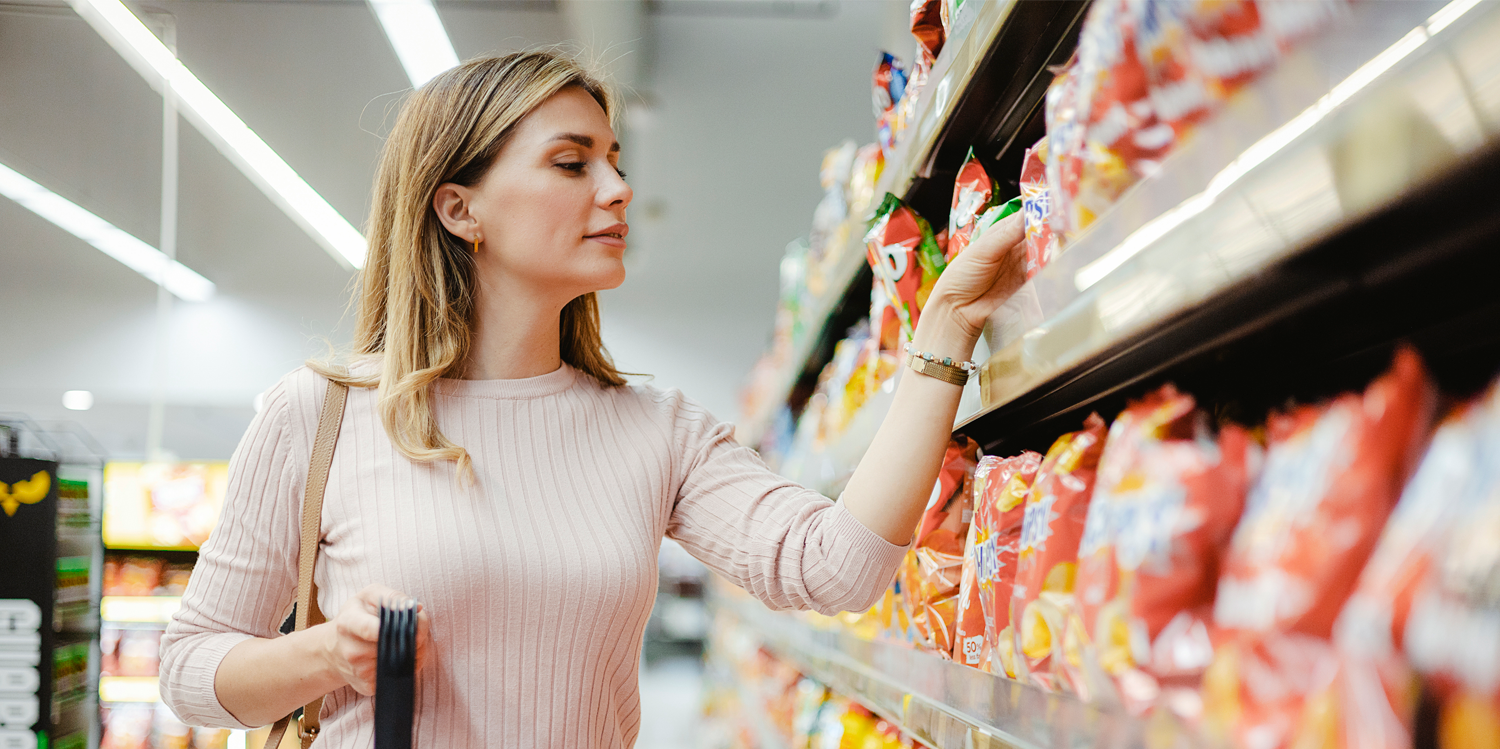
The burden of obesity on individuals and medical services shows no sign of abating with supermarkets found to be overwhelmingly promoting unhealthy foods.
A report, produced by the University of Notre Dame, Cancer Council WA and the University of Western Australia, found that supermarket online catalogues promoted unhealthy food and drinks 1.8 times more often than healthy options.
The Tales from the Supermarket Shelves report also found that of the supermarkets audited, 65% of aisles near checkouts had unhealthy food and 15% had sugary drinks.
Of the half-price promotions in online supermarket catalogues, 70% were for unhealthy food and drinks.
According to the Australian Bureau of Statistics, nearly 70 per cent of WA adults were overweight or obese in 2022.
The WA Department of Health has estimated that the cost of obesity to the WA health system may reach $610.1 million by 2026.
RACGP WA obesity lead Dr Mark Mellor said although causes of obesity were complicated and still needed to be better understood, it was clear that unhealthy food played a role.
He said people were increasingly living in obesogenic environments with high-fat, high-sugar, high-salt foods that were hyper-palatable and marketed well.
“The fact that these foods are often cheaper than healthier alternatives and also that these are grab-and-go foods all feed into this complex cycle that drives obesity,” Dr Mellor told Medical Forum..
“If you’re stressed and you’ve got lots of problems going on in life and you find that eating high-energy, hyper-palatable food calms you down and makes you feel good, then you’re going to be susceptible to the promotion of these kinds of food every time you go into a supermarket.”
RELATED: Weight overtakes smoking
The report’s findings have prompted Cancer Council WA to urge supermarkets to prioritise promoting healthy food and drink over unhealthy options.
Cancer Council WA Food and Movement Manager Ainslie Sartori said when customers viewed online supermarket catalogues, entered supermarkets, navigated aisles, and paid at checkouts, they were encouraged to purchase unhealthy food and drink products through price promotions.
“Supermarkets are where most Australians purchase their food, and the products these companies choose to promote and discount can have a big impact on what shoppers put in their trolleys,” Ms Sartori said.
“To improve diets and create a healthier Australia, we need supermarkets to do more to support healthy eating.
“This includes dedicating a higher proportion of price promotions to healthy food and drink options, restricting the placement of unhealthy products in high-exposure locations such as checkouts and end-of-aisles, and limiting multi-buy discounts on unhealthy snacks and drinks to ensure promotions benefit all families.

